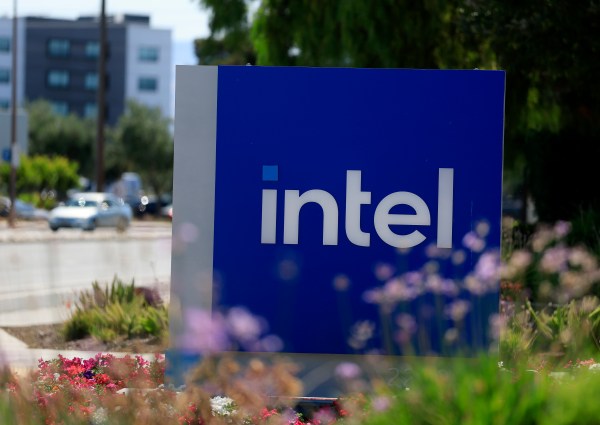A viral tweet claims that Sen. Rand Paul was sued twice for malpractice while he was a working eye doctor, and that his certification was obtained under dubious circumstances.
The post received further attention after being shared on Facebook.
Paul has been sued for malpractice on two occasions; Paul was found not liable by a jury in one case and settled for $50,000 in the other.* Both patients sued Paul for not delivering sufficient care.
As to Paul’s certification, the post is only half true: When Paul began his medical career in 1995, he was certified by the American Board of Ophthalmology, the largest ophthalmology certifier in the country. Paul says that in protest of the board requiring recertification every 10 years, he created a new certification board, the National Board of Ophthalmology, in 1997 and allowed his ABO certification to lapse in 2005. Not only did Paul found the NBO, he served as its head and family members served in its leadership roles. The NBO was dissolved in 2011, and at no point in its existence was it recognized by the American Board of Medical Specialties—the speciality certification arm of the American Medical Association, the largest national association of medical professionals in the country.
Under Kentucky law, board certification is not required for a physician to practice, meaning Paul was still able to work as an ophthalmologist—board certification is a voluntary step that doctors can take to show expertise in a specialization.
Correction, February 1, 2022: An earlier version of this article stated that Paul was found innocent in one malpractice suit. Neither civil nor criminal trial juries find “innocence,” and civil juries determine whether or not a defendant is liable.
If you have a claim you would like to see us fact check, please send us an email at factcheck@thedispatch.com. If you would like to suggest a correction to this piece or any other Dispatch article, please email corrections@thedispatch.com.







Please note that we at The Dispatch hold ourselves, our work, and our commenters to a higher standard than other places on the internet. We welcome comments that foster genuine debate or discussion—including comments critical of us or our work—but responses that include ad hominem attacks on fellow Dispatch members or are intended to stoke fear and anger may be moderated.
With your membership, you only have the ability to comment on The Morning Dispatch articles. Consider upgrading to join the conversation everywhere.